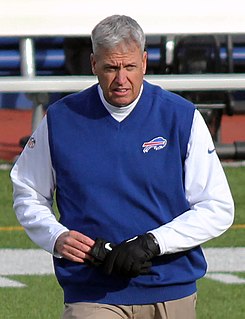A Quote by Neil Strauss
True endurance, I think, comes from the inside. It comes from motivation and belief in what you're doing.
Related Quotes
Religion becomes a matter of belief, and belief acts as a limitation on the mind; and the mind then is never free. But it is only in freedom that you can find out what is true, what is God, not through any belief; because your belief projects what you think God ought to be, what you think ought to be true. If you believe God is love, God is good, God is this or that, your very belief prevents you from understanding what is God, what is true.
Prayer is not a monologue. It speaks to God and to the community. In the last analysis, religion is not what goes on inside a soul. It is what goes on in the world, between people, between us and God. To trap faith in a monologue, and pretend that it resides solely inside the self, undermines the true interchange of all belief.
Philosophical argument, trying to get someone to believe something whether he wants to believe it or not, is not, I have held, a nice way to behave towards someone; also it does not fit the original motivation for studying or entering philosophy. That motivation is puzzlement, curiousity, a desire to understand, not a desire to produce uniformity of belief. Most people do not want to become thought-police. The philosophical goal of explanation rather than proof not only is morally better, it is more in accord with one's philosophical motivation.
I shall not convert you at the end of my argument. I think the argument is sound. I hold that belief in God is not merely as reasonable as other belief, or even a little or infinitely more probably true than other belief; I hold rather that unless you believe in God you can logically believe in nothing else.


































